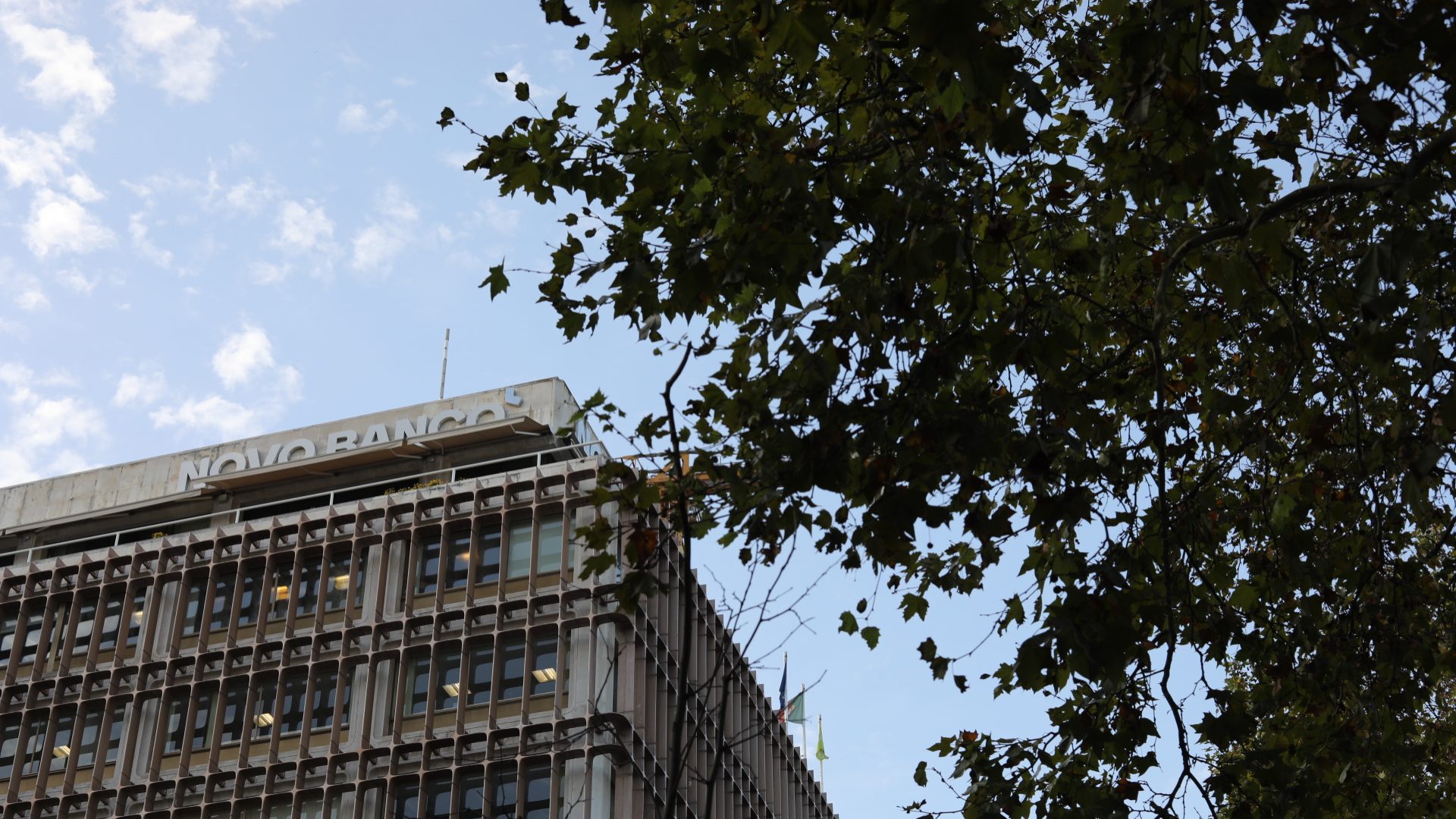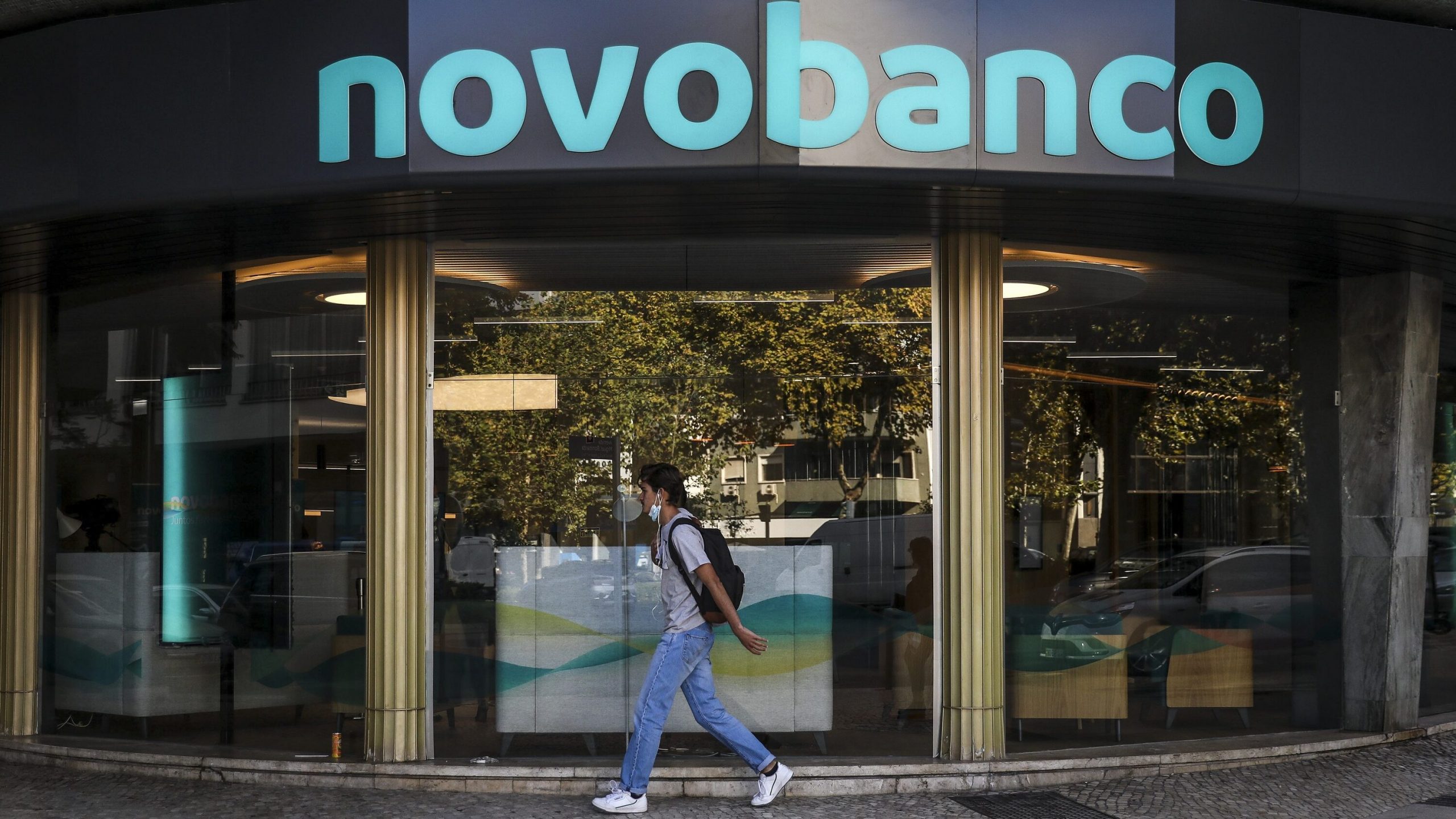Resolution fund rejected 1 in 4 Novo Banco assets sales
The Resolution Fund announced that it carried out a scrutiny of operations submitted to it by Novo Banco, adding that it did not authorise "one in four" asset sale transactions.
Portugal’s Resolution Fund said on Tuesday that it carried out “careful and rigorous scrutiny” of operations submitted to it by Novo Banco, adding that it did not authorise “one in four” asset sale transactions.
In a statement, on the day that the Court of Auditors published an audit in which it criticised the actions of the entity, the CoR said it “effectively safeguarded the public interest” and promoted the “minimisation of the use of public resources,” not only through “the contractual mechanisms agreed as part of the sale of Novo Banco, but also with “effective public control, in particular through the action of the Resolution Fund in the implementation of agreements.
According to the audit report, there was “no evidence of a systematic exercise” by the Resolution Fund of the right, enshrined in the Contingent Capitalisation Agreement, to “directly or through ‘an independent accountant’, analyse the NB accounts, including the ‘impairment losses'”.
In the same statement, the Resolution Fund disagrees with this analysis, highlighting “the careful and rigorous scrutiny that […] makes of the operations submitted to it by Novo Banco” and the “analysis of those operations in light of the criteria of minimisation of losses, which includes, in fact, the comparison with credible and viable alternatives of recovery of assets”.
The entity also stressed its opposition concerning “the implementation of operations, whenever that analysis shows that it has not been demonstrated that the operation minimises losses – which in the case of asset sale operations resulted in one out of every four operations proposed by Novo Banco not being authorised, and in opposition to credit sales representing an amount close to €2 billion”.
The Resolution Fund also gave several examples of its performance, including its opposition “to the realisation of portfolio sale operations in 2020, based on the assessment that, given the economic effects caused by the pandemic and the significant uncertainty at the time, market conditions would not be conducive to the maximisation of value” and the “intervention in the sale process of the insurance company GNB – Companhia de Seguros de Vida, S. A. (“GNB-Vida”) to avoid, as was avoided, that that sale operation would have been carried out at a more unfavourable price”.
In addition, the entity reported the “proactive action of the government, the Bank of Portugal and the Resolution Fund in the recovery of an important credit of Novo Banco, which has already resulted in a benefit of €11 million for the Resolution Fund, which may still increase significantly” and the “timely intervention to prevent the costs recorded by Novo Banco with the attribution of variable remuneration to the members of its Executive Board of Directors from being passed on to the Resolution Fund”.
According to the Resolution Fund, “these facts – and several others of a relevant nature – were not duly considered in the Court of Auditors’ analysis”.
“Despite having the objective of assessing whether recourse to financing by the Resolution Fund was minimised, the audit of the Court of Auditors does not present or quantify any alternative scenario in which, given the concrete circumstances, that financing could have been lower,” it stressed, indicating that “it was not even considered in the audit that, on the contrary,” if “there had not been the action of the Resolution Fund, and the amounts paid by it could have been significantly higher.”
According to the Fund, by 31 December last year, “the losses attributed to the portfolio of assets covered by the scope of the Contingent Capitalisation Agreement amount to €4.408 billion”, and “the value of payments made by the Resolution Fund totals €3.405 billion, around €1 billion lower than the losses covered by the scope of the Agreement and which corresponds to around 77% of the aggregate value of these losses”.
“It should be added that the amount already claimed by Novo Banco under the Contingent Capitalisation Agreement, in aggregate terms, exceeds the maximum limit of €3.89 billion, and the amounts paid are lower than that maximum limit by €485 million due to the action and intervention of the Resolution Fund,” the entity pointed out.
As for the recommendations of the Court of Auditors, the Resolution Fund reaffirms “its commitment to give them proper reception, always in respect of its legal and contractual scope of competence”, stressing that, “in this regard, the Resolution Fund informs that the recommendations of the previous audit conducted by the Court of Auditors, whose reception was within its reach, have already been fully accepted, having replaced “its external auditor” and contracted, “for this purpose, BDO & Associados, SROC, Lda”, as well as “selecting a new entity to act as the Verification Agent, under the terms of the Contingent Capitalisation Agreement”.


